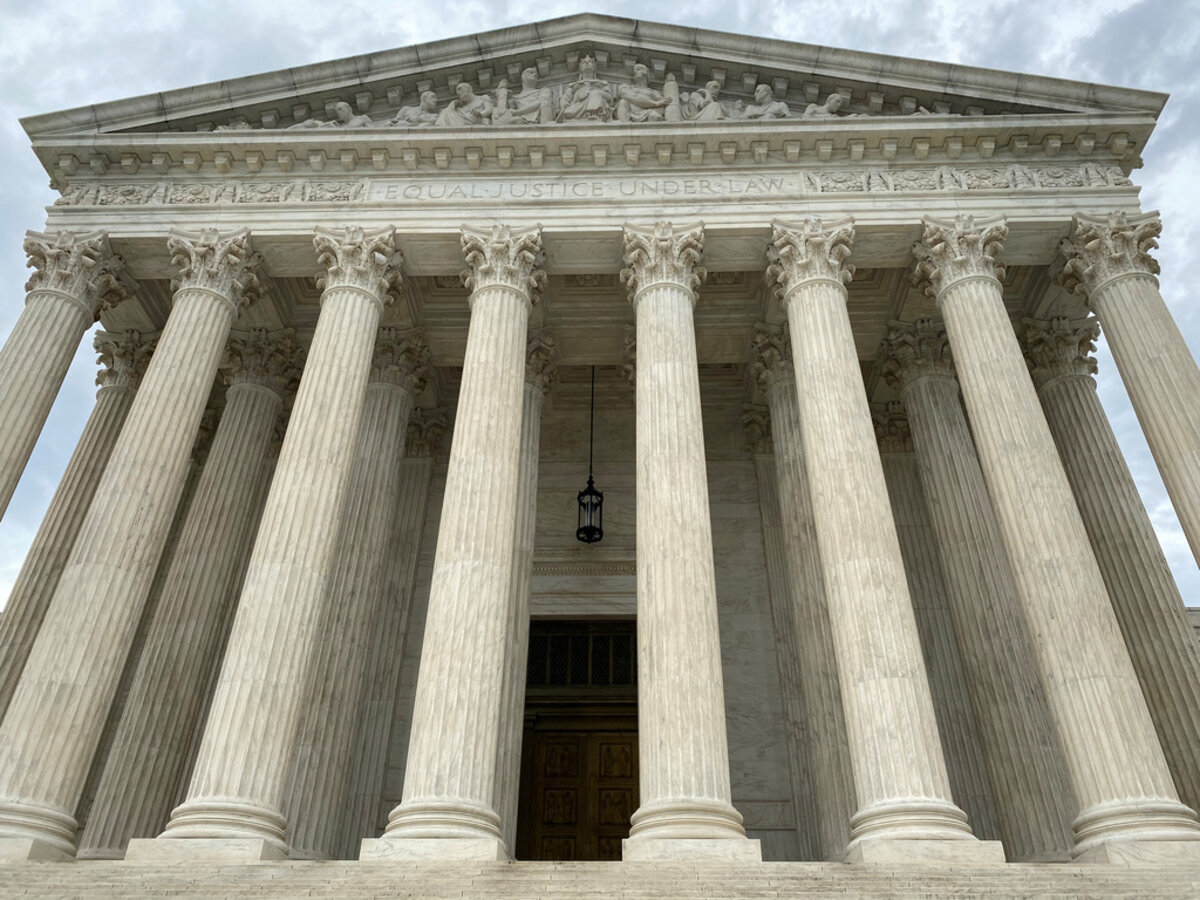Think politics and fairness belong in the same sphere? Working within constitutional bounds might not be enough. Our reporters look at how hardball tactics may be putting party over country in the Supreme Court succession spat.
Monitor Daily Podcast
- Follow us:
- Apple Podcasts
- Spotify
- RSS Feed
- Download
 Clayton Collins
Clayton Collins
Local news can highlight division, just as much of the national media does. But it’s perfectly positioned to also foster communal thinking.
Small outlets are vanishing, leaving news deserts behind. Innovators hang on. When I read about Pam Bluhm’s story I had to give her a call.
Ms. Bluhm spent four decades as office manager at a 164-year-old Minnesota paper. This summer, two weeks after it went under, she emptied her bank account, boosted by her COVID-19 stimulus check, and filed the paperwork to restart it.
“I live upstairs anyway,” she told me after she picked up at the main number.
Our chat ran to topics as diverse as her business model (she buys some freelance copy, community members and some ex-staffers write for free) to her dislike of beets (except when pickled, but recently also in a jam that adds raspberry).
The jam was a gift from a stop-by. Ms. Bluhm gets lots of visitors, donations, and other support. The Chatfield News is growing. The last issue produced under her boss went to 759 subscribers. By late last week she had 913.
“I like working until 2 a.m.,” she says.
Ms. Bluhm’s journalistic philosophy is as disciplined as her work ethic. Take her letters policy. One writer just kept bashing one of the presidential candidates. “I told him ‘I know who you’re voting for. Just write good things about him.’
“I want [the tone] to be positive, constructive,” she says. “We’re a local paper, written by the local people, for the local people.”











